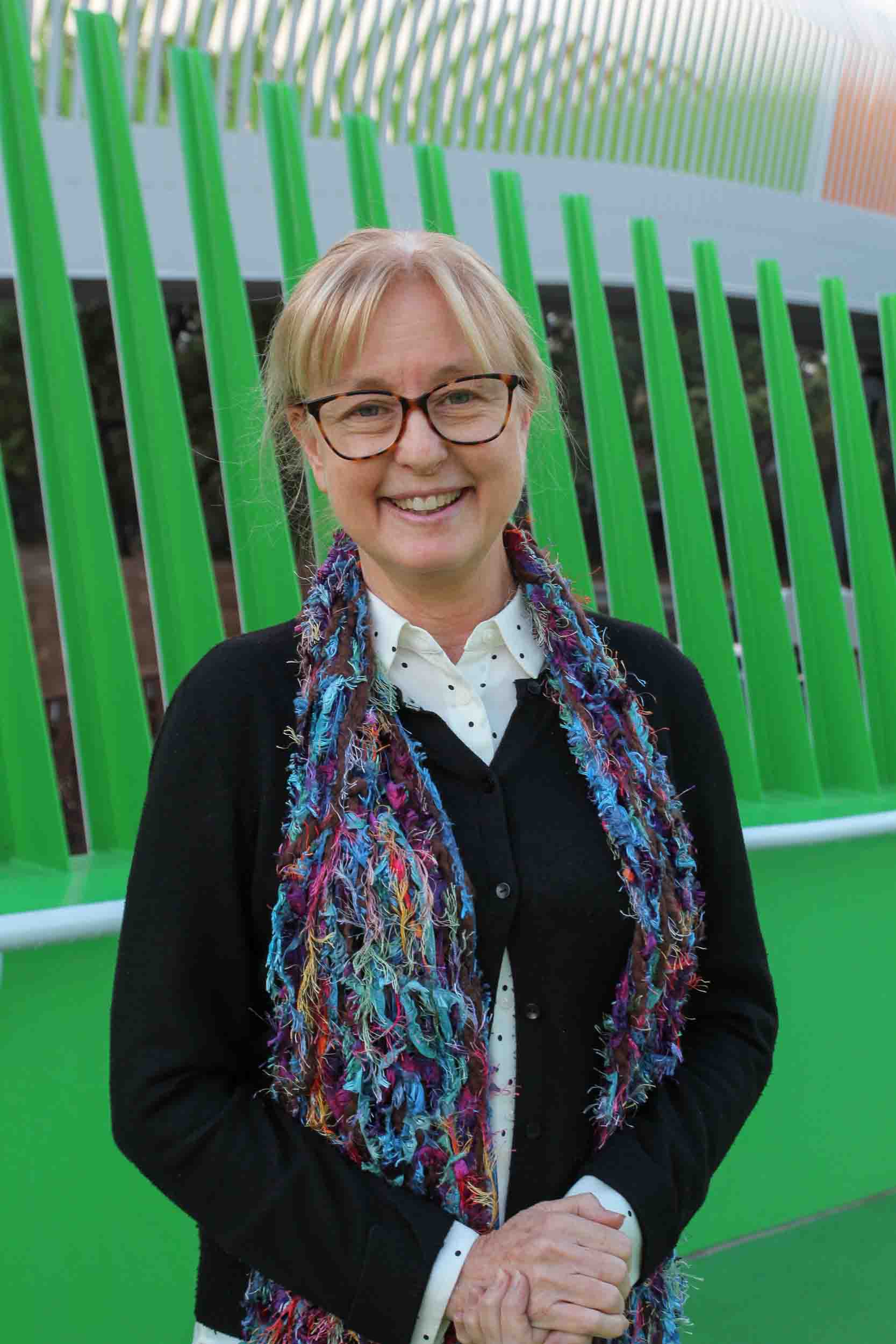A project led by The Kids Research Institute Australia’s child disability team will seek to reduce potentially preventable hospitalisations and build health literacy for children and young people with intellectual disability.
The project is one of four nationally to receive grants following a Targeted Call for Research into Improving Health of People with Intellectual Disability, launched last year by the National Health and Medical Research Council.
A team led by Associate Professor Jenny Downs – who is Head of Child Disability at The Kids Research Institute Australia and an adjunct associate professor with The University of Western Australia – has been awarded $1.5 million to investigate how children and adolescents with intellectual disability and their carers and families use health services, and come up with evidence-based resources and strategies to help improve their ability to understand and access the services they need.

Head of Child Disability at The Kids Research Institute Australia, Associate Professor Jenny Downs
“Children with intellectual disability have high health care needs, but it can be very difficult for families to understand and navigate the healthcare pathways that their child needs, even accessing primary care services like GPs,” Associate Professor Downs said.
“As a result, children with intellectual disability have a very high rate of potentially preventable hospitalisations – admissions for a whole range of conditions that most children just don’t get admitted for. That is disruptive to the child and the family, and is costly to the health service as well.”
The study will use data linkage to examine admissions to hospital for these children that could potentially have been prevented. It will consult with consumers and clinicians to identify the enablers and barriers to understanding health care needs and then using the most appropriate health services.
“We want to explore how health service use can be optimised for better care and be available across the community. That means coming up with ways that help families to understand and navigate their way through the health system to get the support they need,” Associate Professor Downs said.
“Just as importantly, we would like children with intellectual disability to find a way of understanding their own health needs once they’re adolescents, and to be able to communicate and act as they are able.”
The project led by Associate Professor Downs is a collaboration between The Kids Research Institute Australia, the University of Notre Dame, the Child and Adolescent Health Service, UWA, Curtin University and the University of South Australia. It will be administered via the Centre for Child Health Research at UWA.
- NHMRC Targeted Calls for Research are one-off invitations to researchers to apply for grants designed to address a specific health issue where there is a significant research knowledge gap or unmet need. This targeted call has sought to spark research that can improve quality of life and long-term health outcomes for people with intellectual disability – particularly by addressing the underdiagnosis of chronic conditions, and promoting early intervention and active management of health risk factors in order to reduce potentially avoidable hospitalisation. A key factor in each of the projects chosen is the involvement of people with intellectual disability, their families and carers in the design of the research and implementation.
